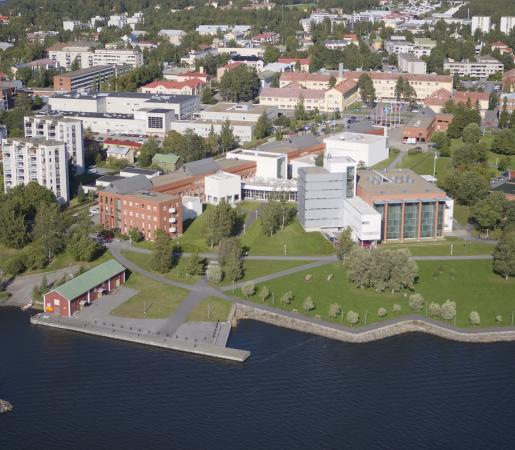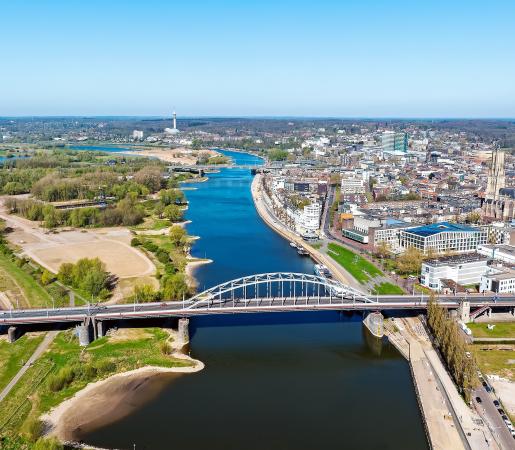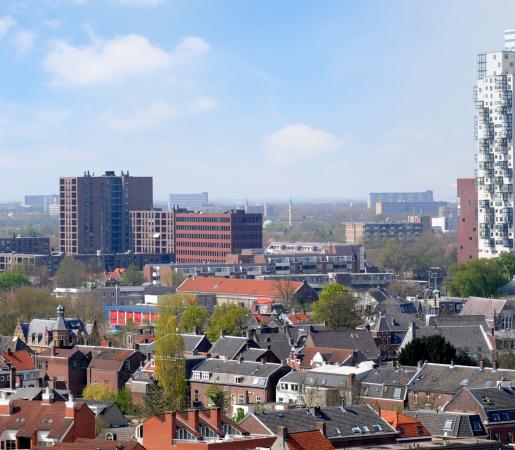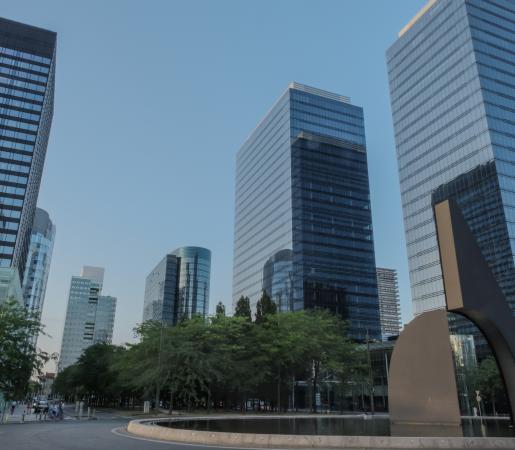
Ljubljana
EffiComfort - EffiComfort: An Innovative Business Model for Energy Efficiency and Occupant Comfort through Integrated Smart Energy Solutions in Public and Residential Buildings
EffiComfort addresses Ljubljana's pressing need to enhance energy efficiency in public and residential buildings while tackling a critical gap: indoor environmental quality (IEQ) and occupant comfort. EffiComfort introduces an innovative "Comfort as a Service" (CaaS) model, integrating energy efficiency with real-time comfort management. By leveraging smart energy systems and Thermal Acclimatisation Training (TAT), the solution dynamically optimises indoor conditions, ensuring energy savings and occupant well-being. What makes EffiComfort stand out is its cost-effective, user-centric approach, using performance-based contracts that align energy savings with occupant satisfaction.
Our main challenges...
Existing building renovation models are static and fail to deliver measurable comfort improvements. They lack real-time controls and do not account for user-specific comfort needs, limiting their effectiveness and user satisfaction.
The high upfront costs of deep renovation and lack of accessible financing options – particularly for low-income or vulnerable groups – prevent large-scale uptake and exclude citizens from benefitting from energy efficiency improvements.
Building users often lack awareness of the link between their behaviour and comfort-energy performance. Limited engagement opportunities further weaken the social acceptance and sustainability of renovation outcomes.
and proposed solutions
Two performance-based Comfort-as-a-Service (CaaS) contracts will be signed – one for a public building and one for a residential block – linking payments to verified improvements in energy efficiency and indoor environmental quality.
Pilot buildings will be equipped with real-time indoor environmental quality (IEQ) and energy monitoring systems. These smart controls enable dynamic management of HVAC (heating, ventilation and air conditioning) systems to optimise comfort conditions and reduce energy consumption.
Thermal Acclimatisation Training (TaT) will be delivered to building users, helping them understand and adapt to energy-efficient comfort settings, which supports behavioural change and reduces rebound effects.
Key figures
Milestones
Launch of project and establishment of governance structures
Setup of Ventilation (HVAC) System and Sensory Equipment in 3 buildings
Two CaaS contracts developed for public and residential pilots
10 professionals trained to support CaaS and user engagement
Training provided to building users to support behaviour change and dynamic management of indoor temperatures in buildings



